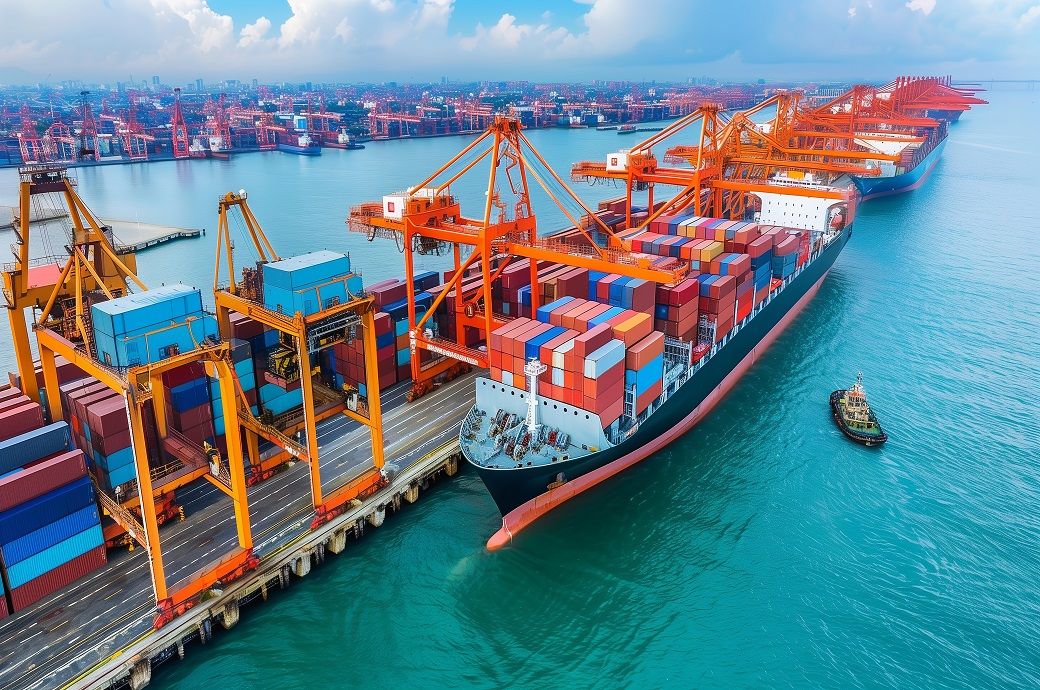
The bill replaces outdated provisions of the Indian Ports Act, 1908, with contemporary regulations.
It aims at simplifying port procedures and digitalising operations to enhance ease of doing business.
The piece of legislation also stresses on sustainability, incorporating green initiatives, pollution control, and disaster management protocols.
It seeks to improve port competitiveness through transparent tariff policies and better investment frameworks, while ensuring uniform safety standards and planning across all Indian ports, a release from the Ministry of Ports, Shipping and Waterways.
The bill will reduce logistics costs by speeding up cargo movement and enhancing connectivity and expected to generate significant number of jobs in port operations, logistics, warehousing and allied industries.
Exporters and micro, small and medium enterprises will benefit from streamlined procedures and improved infrastructure, reducing bottlenecks and facilitating smoother operations.
The bill offers greater autonomy with accountability for ports, allowing these to set competitive tariffs within a transparent framework. It introduces integrated planning for long-term port development, ensuring cargo growth and improved hinterland connectivity.
A boost to coastal shipping is also envisioned, with seamless integration with inland waterways and multimodal transport systems.
The bill provides flexibility in funding, making clear provisions for public-private partnerships and foreign investment in port projects.
ALCHEMPro News Desk (DS)
Receive daily prices and market insights straight to your inbox. Subscribe to AlchemPro Weekly!